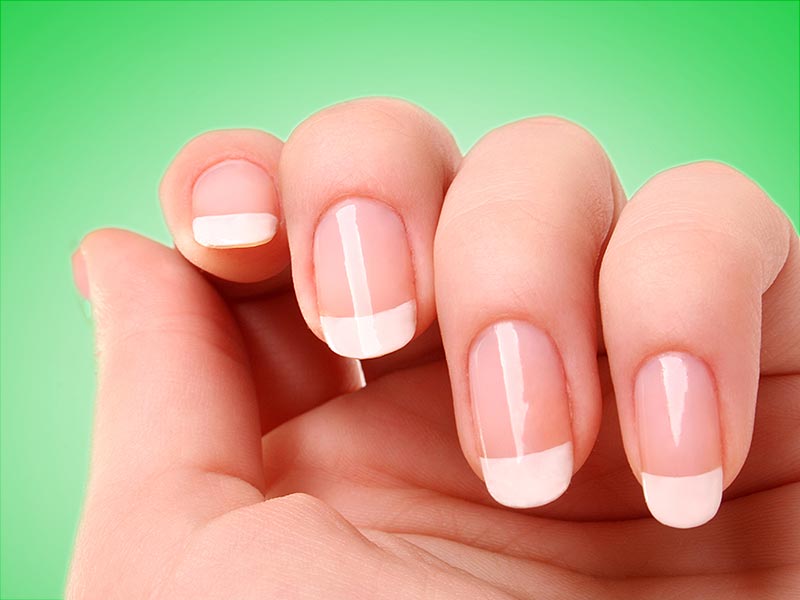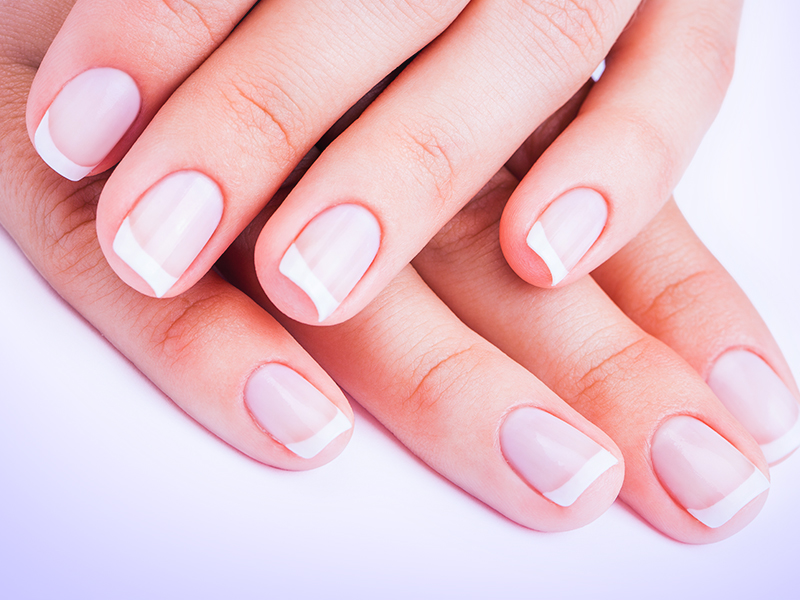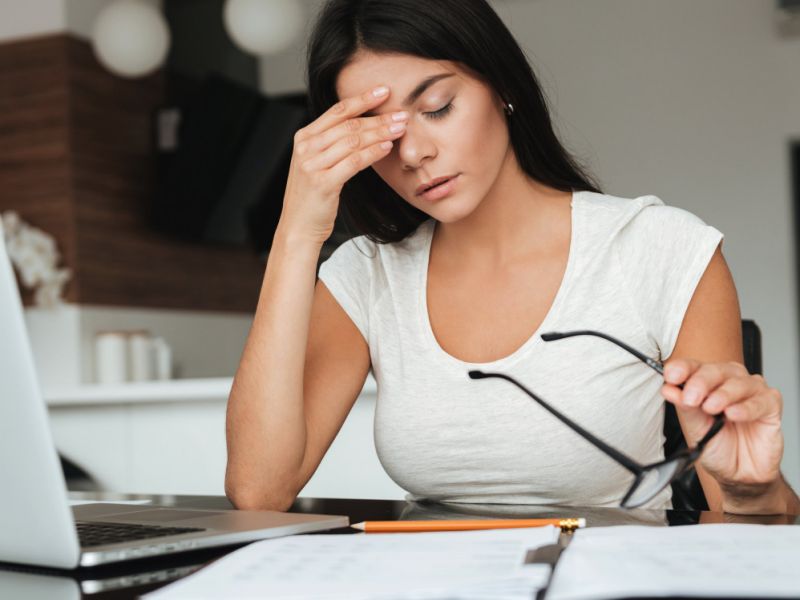Sleep is the key indicator of well-being and good health. We spend up to 1/3 of our lives sleeping and the general condition of our sleep health is an essential question through our life. Getting plenty of rest each night is important to make your entire day more productive.
But how many hours of sleep do you actually need?
Researches cannot pinpoint an exact measure of sleep needed by individuals at different ages, but the chart of the National Sleep Foundation, which features maximum and minimum ranges for health as well as “recommended” windows, identifies the “rule-of-thumb” amounts specialists agree upon.

- Older adults (65+): Sleep range is 7-8 hours
- Adults (26-64): Sleep range did not change and remains 7-9 hours
- Younger adults (18-25): Sleep range is 7-9 hours
- Teenagers (14-17): Sleep range widened by one hour to 8-10 hours
- School age children (6-13): Sleep range widened by one hour to 9-11 hours
- Preschoolers (3-5): Sleep range widened by one hour to 10-13 hours
- Toddlers (1-2 years): Sleep range widened by one hour to 11-14 hours
- Infants (4-11 months): Sleep range widened two hours to 12-15 hours
- Newborns (0-3 months): Sleep range narrowed to 14-17 hours each day
To open a new chapter where healthier lifestyle and healthier rest are a priority, start by assessing your individual needs.
Ask yourself: How does my body respond to the different amounts of sleep?; Am I experiencing sleep problems?; Do I depend on caffeine to get me through the day?; Do I feel sleepy when driving?; Am I productive after 7 hours of sleep?

If you are experiencing symptoms such as insomnia, sleepiness during the day, difficulty breathing during sleep, leg cramps, snoring, gasping or other symptoms that is preventing you from a good sleep, you should consult your primary care physician.
Above all, listen to your body and mind and make sleep a priority. You should plan sleeping like some other daily activity. So put it on your “daily agenda” and check it off each night.











 Do you or your husband snore?
Do you or your husband snore? Research has proven that snoring causes:
Research has proven that snoring causes: Luckily there are different ways to cope up with snoring. Nowadays it’s better to try some of them instead of taking the risk of having snore disorder.
Luckily there are different ways to cope up with snoring. Nowadays it’s better to try some of them instead of taking the risk of having snore disorder.


















 The second step to get out from depression is the famous “shopping therapy”. But here is the catch. You must go shopping alone. You don’t need anybody else. You’ll have enough time to look at these shops which you’re fond of. Put on something you have never done before. Try what you want and enjoy the time spend with yourself. This step helps you find yourself and more importantly – to like yourself.
The second step to get out from depression is the famous “shopping therapy”. But here is the catch. You must go shopping alone. You don’t need anybody else. You’ll have enough time to look at these shops which you’re fond of. Put on something you have never done before. Try what you want and enjoy the time spend with yourself. This step helps you find yourself and more importantly – to like yourself. The third rule is to dance like no one’s watching you. Of course you have to do this alone at home. Dancing helps the body to produce endorphins, also called hormone of happiness. Moving your body will increase positive energy and makes you willing to life. We all need to move, that’s why sport helps us to have
The third rule is to dance like no one’s watching you. Of course you have to do this alone at home. Dancing helps the body to produce endorphins, also called hormone of happiness. Moving your body will increase positive energy and makes you willing to life. We all need to move, that’s why sport helps us to have

 Don’t get cold anymore
Don’t get cold anymore Enjoy your 10 minutes exercise
Enjoy your 10 minutes exercise
